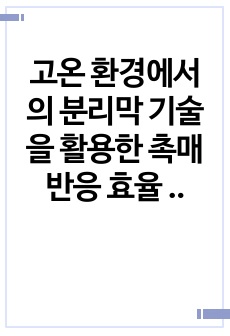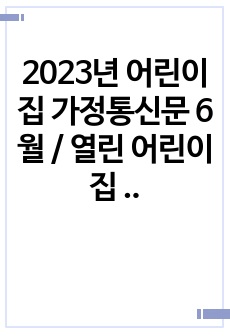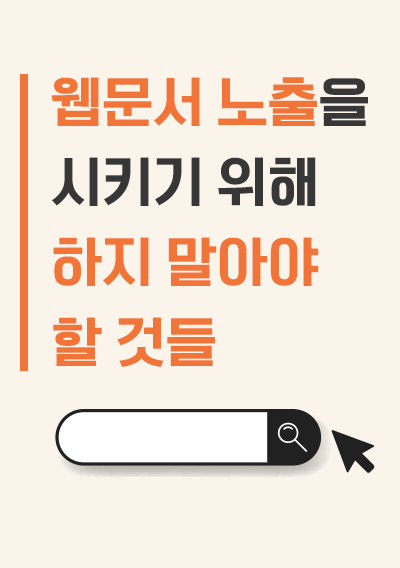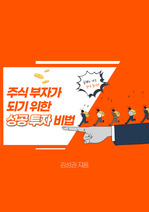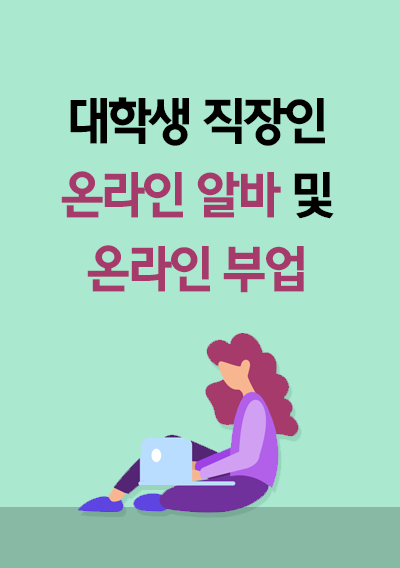경험표집법(ESM)을 통해 본 음악영재의 삶의 질
* 본 문서는 배포용으로 복사 및 편집이 불가합니다.
서지정보
ㆍ발행기관 : 한국영재학회
ㆍ수록지정보 : 영재교육연구 / 21권 / 1호
ㆍ저자명 : 이현주, 최인수
ㆍ저자명 : 이현주, 최인수
목차
I. 서 론II. 연구 방법
III. 연구 결과
IV. 논의 및 결론
참고문헌
= Abstract =
한국어 초록
본 연구의 목적은 음악영재들이 경험하는 일상을 통해 그들이 실제 인지하는 삶의 질에대해 알아보는 것이다. 삶의 질에 대해 측정하기 위해 일상 경험을 2가지로 나누어 살펴보
았다. 하나는 외적 경험으로, 주된 활동, 함께한 사람에 대한 것이며, 다른 하나는 내적 경
험으로, flow, 정서에 관한 것이다. 본 연구결과를 통해 음악영재들의 삶(일상)을 정리해 보
면 다음과 같다. 첫째, 일상에서 생산활동에 참여하는 시간과 혼자 보내는 시간이 많고, 그
시간에 재능 발현을 위한 준비를 하면서 긍정적인 내적 경험을 하고 있었다. 둘째, 음악영
재는 일상에서 일반청소년에 비해 긍정적인 내적 경험을 보고하고 있었다. 셋째, 다른 활
동을 할 때보다 자신의 재능과 관련된 음악활동을 하면서 더 깊이 flow에 빠지고, 긍정적
인 정서를 느끼고 있었다. 넷째, 음악활동을 하면서 깊은 flow를 경험하고 있었지만, 상대
적으로 행복하다고 생각하지는 않았다. 이는 행복감이라는 것이 flow 경험과 동시에 오지
않는 특징을 가졌기 때문으로 보인다. 본 연구는 새로운 연구방법, 즉 경험표집법(ESM)의
사용으로 일상에 대한 풍부하고 심도 깊은 자료를 제공하고, 이러한 정보들을 통해 음악영
재들을 심층적으로 이해하고 상담이나 교육을 위한 기초자료를 제공해 줄 수 있을 것이다.
영어 초록
The purpose of this study was to explore the quality of life of musically talentedstudents as measured by their external experiences (e.g., activities, companions) and
internal experiences (e.g., flow, emotion). The participants in this study were 33
musically talented students (10 males, 23 females) aged 13 to 19. Study data were
collected for 7 consecutive days using the Experience Sampling Method (ESM), which
employs a cellular-phone as a signaling device. The results were as follows: First, in
response to the 1625 random signals, musically talented students reported that 40.9%
of their time was spent on productive activities. An additional 33.4% of time was used
for maintenance activities and the rest of their time was spent on leisure/social
activities. Also, musically talented students reported that 48.5% of their time was spent
alone. When they were alone, they spent a lot of time engaging in productive activities
(44.3%). Second, in order to measure the flow of their life, two methods were used.
One used a 4-channel flow model (i.e. apathy, boredom, flow, anxiety) and the other
used 8 dimensions and conditions of the flow experience (i.e. concentration,
self-consciousness disappears, action and awareness merge, distorted sense of time,
freedom from worry about failure, clear goals, immediate feedback, balance between
challenges and skills). According to the former, when engaged in music-related
activities, musically talented students usually reported flow (54.0%), while they felt
apathy (41.3%) for daily routines activities. According to the latter method, musically
talented students experienced flow for most productive activities, while they
experienced flow least for maintenance activities. Emotional variables of ESF are
comprised of 10 semantic scales (i.e. happy-sad, strong-weak, active-passive, sociablelonely,
proud-ashamed, involved-detached, excited-bored, clear-confused, relaxed-worried,
cooperative-competitive). Musically talented students reported experiencing the most
positive emotion for social activities and experiencing the most negative emotion for maintenance activities. Results of this study assert that musically talented students had
to trade off immediate enjoyment for developing their special gifts. They could not
afford as much time for socializing with friends, and they had to spend more time
alone compared to their peers without such gifts. Consequently, they were found to
deprive themselves of the spontaneous good times that teenagers usually thrive on.
They were helped in this respect by their autotelic personality traits, especially their
strong need for achievement and endurance. The downside, however, is that the
moment-to-moment quality of their moods suffered. The argument concerning
musically talented students applies for all adolescents. The choices that talented
students must make between immediate gratification and long-term development, and
between solitude and companionship, are the same choices every young person must
make, regardless of her or his level of talent. All of us have gifts that are potentially
useful and worthy of being appreciated. But to develop these latent talents we must
cultivate them, and this takes time and the investment of mental energy. The lifestyle
that musically talented students develop can show us some of the choices all of us
must make in order to cultivate our gifts.
참고 자료
없음태그
"영재교육연구"의 다른 논문
 수학 영재들의 확률 문제 해결 과정 분석 : 유추적 사고를 중심으로19페이지
수학 영재들의 확률 문제 해결 과정 분석 : 유추적 사고를 중심으로19페이지 초등 저학년 영재아동의 비동시성에 따른 부적응 사례연구22페이지
초등 저학년 영재아동의 비동시성에 따른 부적응 사례연구22페이지 중학교 과학 영재 학생들의 과학적 가설에 대한 이해15페이지
중학교 과학 영재 학생들의 과학적 가설에 대한 이해15페이지 과학영재와 일반학생들의 창의적 사고 편향에 대한 분석17페이지
과학영재와 일반학생들의 창의적 사고 편향에 대한 분석17페이지 과학영재들의 과학기술에 대한 견해의 주장형식 분석12페이지
과학영재들의 과학기술에 대한 견해의 주장형식 분석12페이지 초등학교 언어창작영재의 적성과 진로성향 및 진로성숙도 연구21페이지
초등학교 언어창작영재의 적성과 진로성향 및 진로성숙도 연구21페이지 최우수 여고생은 과학영재교육의 소외 집단인가? : PISA 문항의 과학성취도 상위 10% 고등학생의..17페이지
최우수 여고생은 과학영재교육의 소외 집단인가? : PISA 문항의 과학성취도 상위 10% 고등학생의..17페이지 영재교사들이 지각하는 관찰-추천 영재판별 시스템의 방향, 중요도, 실행수준 분석 : 개념도 연구법을..16페이지
영재교사들이 지각하는 관찰-추천 영재판별 시스템의 방향, 중요도, 실행수준 분석 : 개념도 연구법을..16페이지 영재와 일반 남아의 자존감 비교 및 영재 남아의 자존감 유형별 신체증상 및 공격성 분석23페이지
영재와 일반 남아의 자존감 비교 및 영재 남아의 자존감 유형별 신체증상 및 공격성 분석23페이지 무지개를 활용한 과학영재활동에 나타난 과학영재의 특징 분석18페이지
무지개를 활용한 과학영재활동에 나타난 과학영재의 특징 분석18페이지










